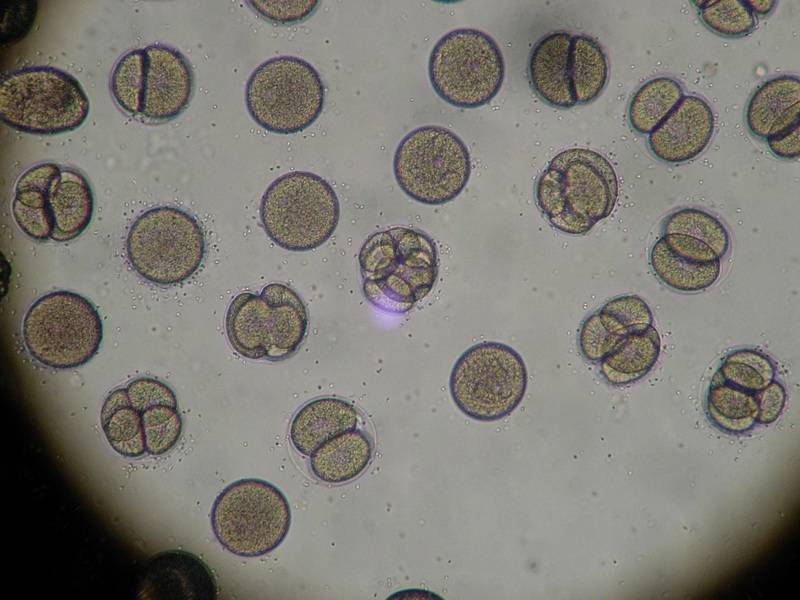Healthcare has taken huge strides from where it was a hundred years ago. There have been diseases and organisms discovered, as well as new drugs and other bodily pathways. With the dawn of the new technology age, health care technologies have become more modern and advanced. There are now new developments in the different sectors concerning health care, like artificial intelligence, virtual reality, robotics, 3D objects, and even nanotechnology.

Because of everything going on, we have to become familiar with all the new technologies in health care so that we will always be updated. Likewise, health care workers and hospital administrators also have to know the latest updates to medical technology so that they would still be up-to-date and relevant to the times. This will benefit the patients, allowing them to experience cutting-edge technology to manage their conditions.
Even though there are a lot of conspiracy theories that surround new medical technology, these are unfounded. National governments won’t approve of technology that is harmful, especially something that involves people’s health. There may be risks, but the benefits outweigh these.
As said by The Medical Futurist, medical technology can transform unsustainable to sustainable health systems, level the relationship of the patient and the health care worker, and give us more effective and more affordable health care services.
So, what can medical and health care technology look like in the coming years?

The health care system, nowadays, is already made up of more empowered patients. Gone are the days when people would be passive about their health; now, many people are proactive about their health. They now control their daily habits and go to lengths to monitor their health. With this, health trackers and sensors are now on the rise. An example would be sensors from sensoronics.com. These health trackers and sensors monitor people’s vital signs. These vital signs include your heart rate or pulse, blood pressure, and oxygen saturation. They can alert people when the values become abnormal. They can even show you a trend of your desired vital sign, depending on the settings. Some can be synced to your sleep cycle and exercise times so that the device would know if you are asleep or doing strenuous activities to adjust the settings accordingly.
One modern field that can fundamentally reshape our health care systems would be the field of artificial intelligence. Artificial intelligence, or AI, has algorithms that can change how we do health care, among other things. For example, these AI algorithms can scan medical records, formulate treatment plans, or even design drugs.
An example of artificial intelligence is Google DeepMind’s AI. It was created to analyze breast cancer data. During the tests, it outperformed human radiologists and was able to accurately detect breast cancer in 11.5% of the cases.
Another example is Atomwise. This one looks at molecular structures to formulate new possible drugs. The technology already found two novel drugs that could significantly decrease the infectivity of Ebola.





